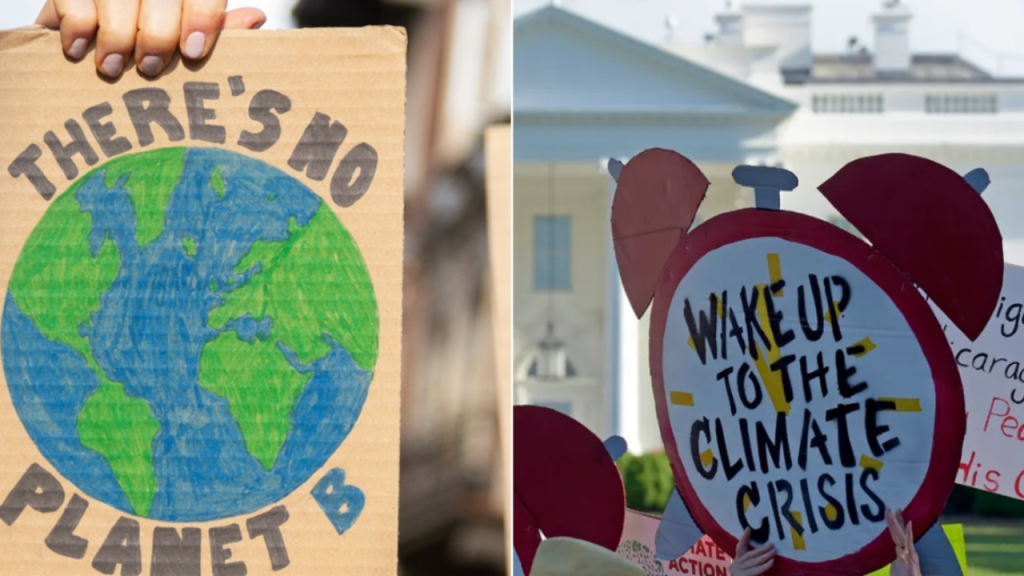The Climate Judiciary Project (CJP), an initiative of the Environmental Law Institute (ELI), is facing scrutiny over its connections to judges and experts involved in climate litigation, despite publicly denying any involvement in such proceedings. CJP maintains it provides neutral and objective educational resources to judges on climate change science and related legal issues, yet critics allege a hidden agenda to influence judicial decisions in favor of climate litigation plaintiffs. This controversy highlights the increasing intersection of science, law, and advocacy in the complex arena of climate change.
CJP’s denial of involvement in litigation is challenged by apparent connections between its experts and ongoing climate cases. Professor Michael Oppenheimer of Princeton University, a contributor to CJP’s curriculum, has a history of filing amicus briefs in climate-related litigation. Similarly, University of Utah law professor Robin Kundis Craig, another CJP module author, has also filed amicus briefs, including one in a case before the Hawaii Supreme Court, where Chief Justice Mark Recktenwald, a CJP presenter, later denied an appeal from oil companies. These overlapping roles raise questions about CJP’s claim of impartiality and its potential influence on judicial outcomes.
Further deepening the controversy is the involvement of Ann Carlson, a former ELI board member who later joined the Biden administration. Carlson provided pro bono consulting to Sher Edling, a law firm actively involved in climate litigation against oil companies. This connection, coupled with the participation of Sher Edling lawyers in ELI events, raises concerns about potential coordination and bias within the CJP network. Critics argue that these connections belie CJP’s claim of neutrality, suggesting a coordinated effort to advance a specific legal agenda in climate change litigation.
The critique of CJP extends beyond individual connections to encompass its curriculum and educational programs. Opponents argue that the CJP curriculum, while presented as objective, effectively serves as a guide for judges to rule in favor of plaintiffs in climate change lawsuits. The curriculum’s focus on establishing causal links between emissions and climate change, critics contend, preemptively shapes judicial understanding of complex scientific issues. This, combined with CJP’s targeted outreach to judges, paints a picture, in the eyes of critics, of a concerted campaign to influence legal outcomes.
Sen. Ted Cruz, a vocal critic of CJP, has explicitly accused the organization of using judicial education as a cover for advancing a radical environmental agenda. He points to Ann Carlson’s involvement and the content of the CJP curriculum as evidence of this alleged agenda. Cruz’s concerns underscore a broader debate about the appropriate role of judicial education and the potential for such programs to be used for partisan advocacy. The core of the issue rests on whether CJP’s educational initiatives genuinely aim to enhance judicial understanding of complex scientific and legal topics or, as critics contend, subtly steer judicial decisions toward a predetermined outcome.
The American Energy Institute (AEI), a conservative think tank, has gone further, alleging that CJP strategically conceals its partnerships with plaintiffs in climate litigation to avoid ethical concerns. AEI accuses CJP of facilitating ex parte communications between judges and climate activists under the guise of judicial education, thus compromising judicial impartiality. This accusation strikes at the heart of due process and raises serious questions about the integrity of judicial decision-making in climate change cases. The controversy surrounding CJP underscores the growing tension between advocacy, education, and judicial independence in the high-stakes arena of climate litigation. As climate change continues to dominate legal landscapes, ensuring transparency and impartiality in judicial education programs remains crucial for preserving public trust in the judicial process.

